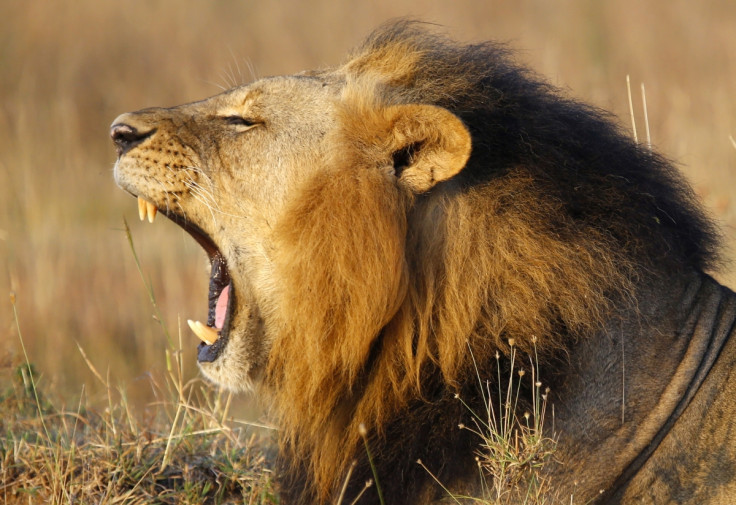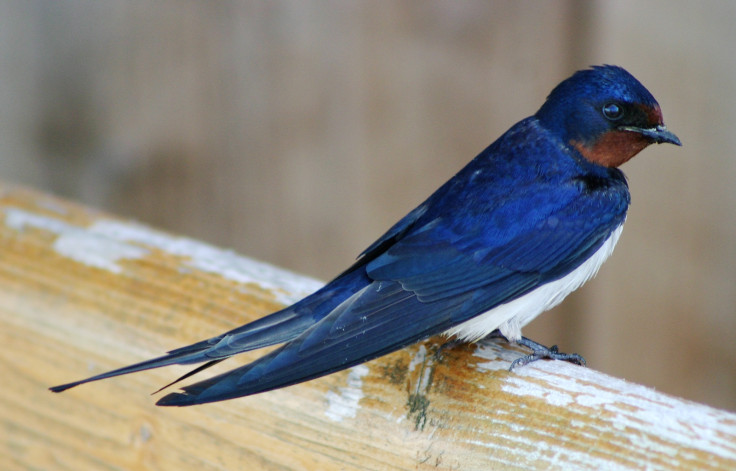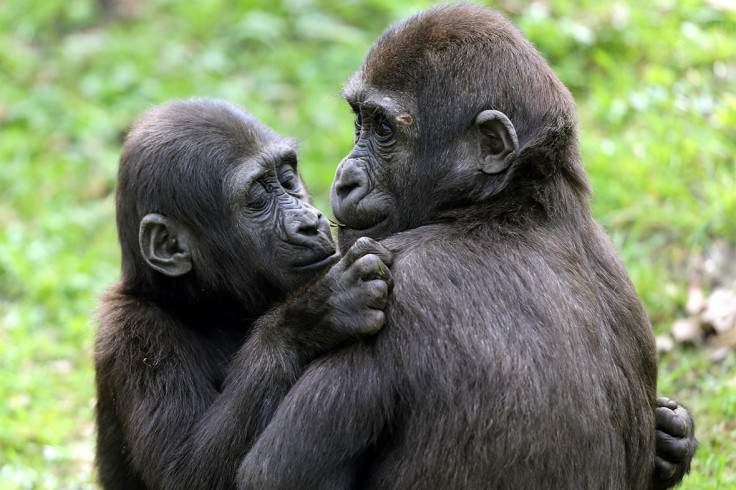The world is currently facing its sixth mass extinction
The decline of vertebrate populations is so dramatic that they call it biological annihilation.
Our planet is experiencing its sixth mass extinction event, and it is much more severe than previously thought, scientists have shown. The decline of many populations of vertebrate species is so dramatic that they call this a biological annihilation.
The loss of biodiversity on Earth is a pressing problem. Over the last century, 200 species of vertebrates have gone extinct – about two species per year.
This however, does not tend to generate a lot of public concern, mainly because many species that have recently disappeared were 'obscure species' with a limited range.
Take for example the Christmas Island pipistrelle, a small bat which went extinct in 2009 – few people even knew of its existence.
Studying these extinctions is important, as these losses are irreversible and can have a profound effect on the whole ecosystem. However, focusing on specific species can lead people to ignore the bigger picture, and to think that Earth's biodiversity is only slowly entering a major extinction episode.

The new study published in PNAS argues that looking at declines in species' populations – groups of organisms belonging to the same species in a given locality - conveys a much better idea of the threats faced by the planet's biodiversity.
Biological annihilation
The scientists analysed data from the International Union for Conservation of Nature (IUCN) to map the ranges of 27,600 birds, amphibians, mammals, and reptiles worldwide at a 10,000 km2 scale. This represents nearly half of known terrestrial vertebrate species.

They also conducted more detailed geographic analysis documenting population extinctions between 1900 and 2015, in 177 mammal species.
The researchers found that within many different species, the rate of population loss is very high. This is even the case for some species classified by the IUCN as of 'low concern'. In fact, the scientists estimate that about a third of all the species they studied have decreasing populations.
The geographic analyses revealed that between 1900 and 2015, all species had lost at least 30% of their geographic ranges and that more than 40% of the species had experienced more than 80% range reduction.

Hence, the data suggests that beyond global species extinction, our planet is experiencing a huge episode of vertebrate population declines, with a devastating impact on the environment. This can indeed have profound effects ranging from the depletion of Earth's resources to the deterioration of ecosystem function and services.
"Population extinctions are a prelude to species extinctions, so Earth's sixth mass extinction episode has proceeded further than most assume," the researchers write. "We describe this as a 'biological annihilation' to highlight the current magnitude of Earth's ongoing sixth major extinction event."
The causes of these population declines are varied, ranging from habitat loss and over-exploitation to pollution and climate change.
Human overpopulation and ongoing population growth coupled with over-consumption, may also be a problem.
One thing is certain though - robust measures must be taken very urgently to protect vulnerable vertebrate populations.
"We emphasise that the sixth mass extinction is already here and the window for effective action is very short, probably two or three decades at most," the scientists conclude.
© Copyright IBTimes 2025. All rights reserved.





















